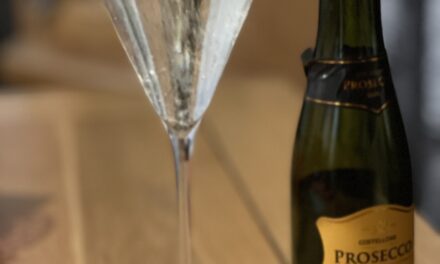Breaking Free from Body Image Traps
Why “Funny” Scales Are Anything But Funny
Scrolling Facebook this week, I came across a post that stopped me in my tracks.
It showed a bathroom scale, not with numbers, but with pictures of animals.
Butterfly. Chicken. Cat. Cow. Pig. Elephant.
The caption?
“For those who don’t like numbers!” followed by laughing emojis.
The Hidden Harm Behind “Harmless” Humour
On the surface, it might look like a joke. But here’s the reality:
➔ It’s not harmless.
➔ It’s not motivational.
➔ It’s shaming.
For anyone living with an eating disorder, or even just struggling with body image, this kind of content is deeply triggering. It reinforces the toxic idea that your body size can measure your entire worth.

The Weight of Expectations
From Butterfly to Elephant: The Message We’re Absorbing
Think about the images for a moment:
-
Butterfly ➔ tiny, dainty, fragile.
-
Elephant ➔ big, heavy, shameful.
The hidden message?
Smaller is better. Larger is failure.
This isn’t just humour, it’s diet culture weaponised. It tells you that to be acceptable, you must constantly shrink, restrict, and punish your body.
For someone with anorexia or atypical anorexia, this kind of imagery is downright dangerous. The “goal” becomes being the butterfly: frail, delicate, barely existing.
The Scale's Silent Judgment
My Lived Experience With the Scales
I know this trap personally.
Years ago, my day rose or fell on what the scales told me.
If the number was down ➔ I felt in control, “good,” worthy.
If it was up ➔ I spiralled into self-loathing, punishment, restriction.
It was never just a number. It was my mental state, my identity, my prison.
That’s why seeing people joke about being a “pig” or “cow” on a scale makes me feel sick. Because I know how many people will see it, laugh on the outside, but on the inside, collapse into shame.
Understanding the Weight-Health Myth
Why Weight ≠ Health
Let’s be clear:
➡ Health is not defined by kilograms or pounds.
➡ Weight alone tells us nothing about nourishment, behaviours, or wellbeing.
You can be thin and starving.
You can be larger and deeply unwell.
You can also be any size and be working towards a balanced, nourished, joyful life.
➔ Food freedom.
➔ Movement that feels good.
➔ Mental rest.
➔ Connection and self-compassion.
Not a dial. Not an animal scale.
The Cost of “Scale Humour”
Every time this type of content goes viral, here’s what happens:
-
People in recovery feel triggered.
-
Shame deepens.
-
Diet culture wins.
It normalises cruelty. It tells the next generation of teens scrolling through that they must laugh along, even if it hurts.
And it keeps us locked in the idea that our body is the problem — rather than the culture that shames it.
A Different Way Forward
If you woke up today believing you’d “failed” this weekend, here’s your reminder:
Your worth is not a butterfly on a dial.
Instead of punishing yourself, try asking:
What one gentle behaviour could I shift today that supports me?
-
Eating a nourishing breakfast.
-
Speaking to yourself with kindness.
-
Moving your body for joy, not punishment.
These are the steps that build real health, not humiliation.
What Recovery Really Means
Recovery is not about shrinking yourself. It’s not about chasing “smallness.”
Recovery is about:
➔ Building a life you don’t need to escape from.
➔ Reconnecting with joy.
➔ Making peace with food.
➔ Learning to trust your body again.
You are not your weight. You are not a pig, cow, or butterfly.
You are a whole person, worthy of love and care, exactly as you are.
Embracing Self-Compassion
Finding Support
If this post resonated, and you’re looking for compassionate, trauma-informed eating disorder therapy in Canterbury, I can help.
I offer:
-
Eating disorder therapy for teens and adults
-
Shame-free, recovery-focused counselling






